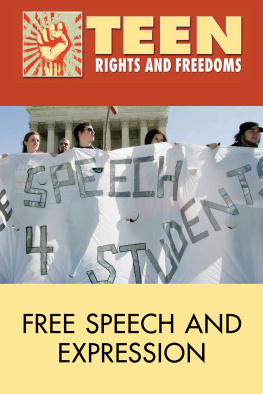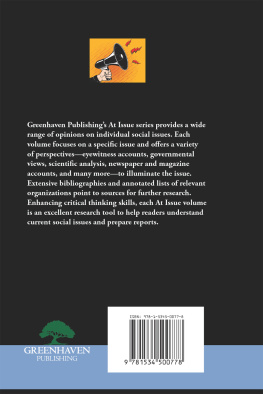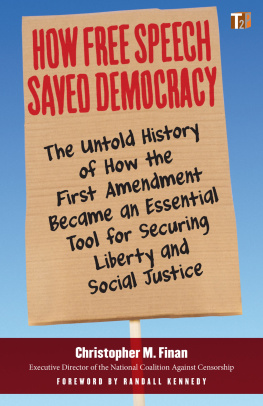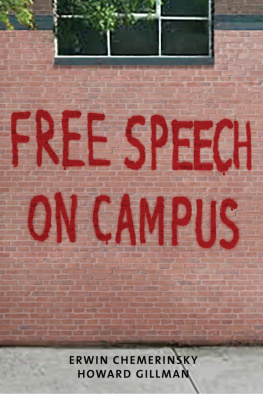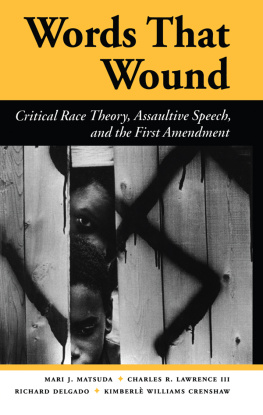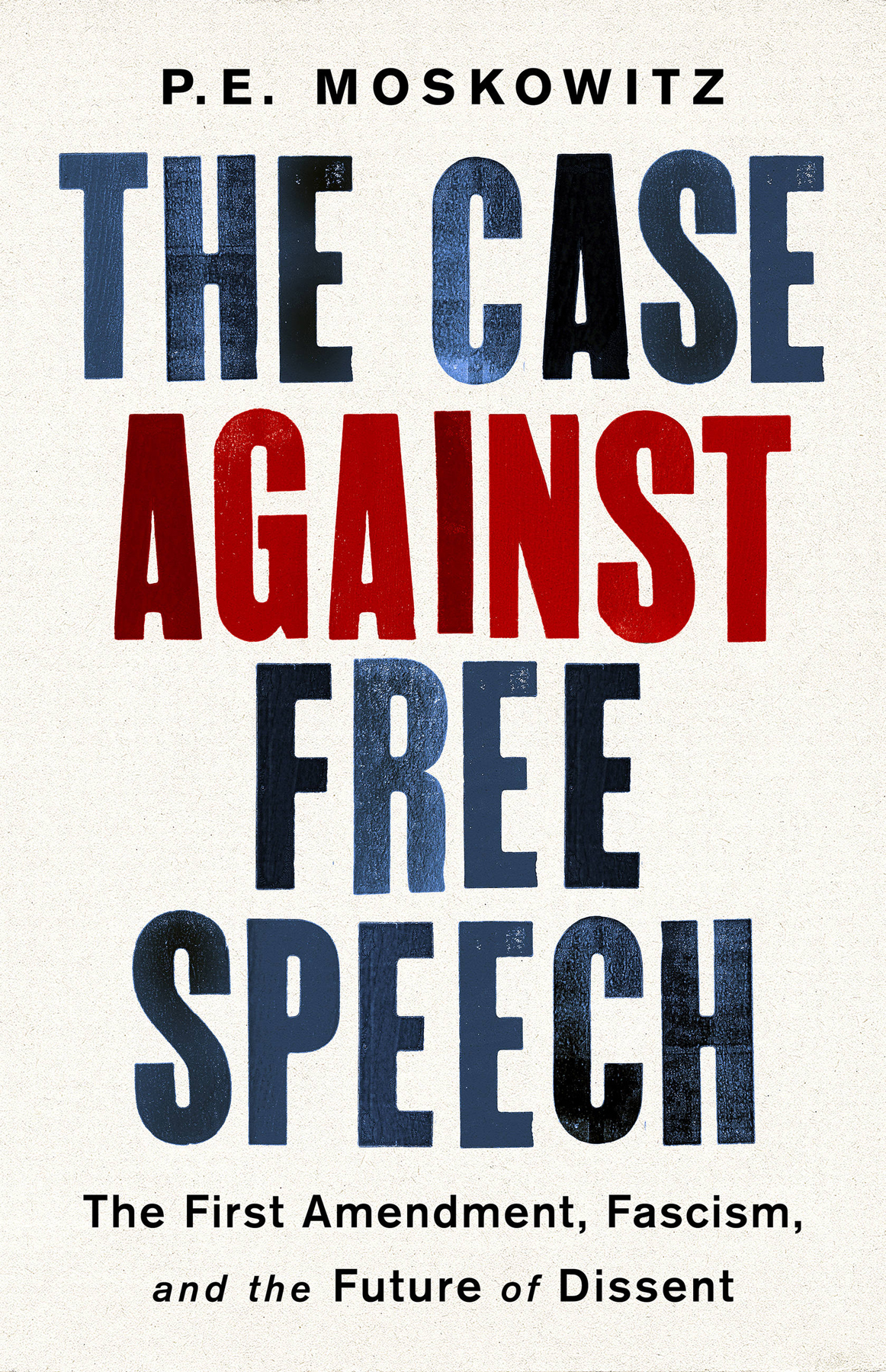Copyright 2019 by P. E. Moskowitz
Cover copyright 2019 Hachette Book Group, Inc.
Hachette Book Group supports the right to free expression and the value of copyright. The purpose of copyright is to encourage writers and artists to produce the creative works that enrich our culture.
The scanning, uploading, and distribution of this book without permission is a theft of the authors intellectual property. If you would like permission to use material from the book (other than for review purposes), please contact permissions@hbgusa.com. Thank you for your support of the authors rights.
Published by Bold Type Books, an imprint of Perseus Books, LLC, a subsidiary of Hachette Book Group, Inc. Bold Type Books is a copublishing venture of the Type Media Center and Perseus Books.
The Hachette Speakers Bureau provides a wide range of authors for speaking events. To find out more, go to www.hachettespeakersbureau.com or call (866) 376-6591.
The publisher is not responsible for websites (or their content) that are not owned by the publisher.
T HIS BOOK IS NOT ANTI-FREE-SPEECH. I T IS ANTI-THE-CONCEPT-OF- free-speech. Its an important distinction. Everyone should have the right to say what they want. I will not argue otherwise. I am not an authoritarian.
In this book I will not argue that the United States should adopt laws banning racist speech like the ones that have proliferated throughout Europe, for example. I think those laws are often counterproductive and end up being used against leftists instead of racists. I wont argue that Nazi speech should be outlawed, as it is in Germany. I wont argue that the First Amendment should be reformed, nor more firmly upheld.
This book is not about whether the First Amendment is good or bad. This book is about why the First Amendment is nearly irrelevant, except in its power as a propaganda tool.
In the following chapters I will argue that free speech, as a concept, is meaningless; that it is a dialectical smokescreen more than an ideal to be upheld; that in a grossly unequal society, in which a few corporations control the means of media dissemination and a small group of the ultrawealthy bankroll entire political movements, there can be no meaningful definition of free speech. On paper, I am as free to speak as a billionaire, yet I do not have the power to change laws through political donations, to influence college curricula, or to quash entire movements for economic liberation. And still I hold more speech power than most: I am a published author, and my speech is sanctified by the gatekeepers of my publishing house. Therefore, the path to free speech, I will argue, has less to do with a law about speech, or many laws, than with ending racism and inequality.
Throughout US history, disparate groups have claimed to cherish free speech more than their enemiesunionists in the 1920s saw free speech as synonymous with striking and, ultimately, class revolution. Today, conservatives are the group to most often shroud their politics in free speech, arguing that any silencing or protesting of their speech runs counter to US values of freedom and liberty for all.
But as I hope to prove in this book, free speech has never really existed because freedom and liberty have never really existed for the vast majority of Americans. Instead, the US has systematically acted against those values, suppressing the opportunities, speech, movements, and actions of the masses, especially people of color and anticapitalists, in order to favor the free flow of capital to the owning class. This oppression and suppression have been constant since the founding of this country, and therefore free speech is a hollow signifierpointing to a past that never existed.
The funny thing about free speech is that it has been used to fight for and against these liberties: both as a guise for the wealthy and powerful to oppress the poor, like the Koch brothers and their supporters using free speech to push through antidemocratic legislation and rip apart campaign finance laws, and as a rhetorical tool for the working class to further their cause, as happened in the early 1900s when leftists argued that free speech includes the freedom to riot and the ACLU argued that it was the only way to prevent a violent revolution. I dont argue that one definition of free speech is more legitimate than the other, but that they are all relatively empty signifiers, hiding more tangible structures of power and ideas underneath them.
So why write a book on free speech if I think the term is essentially meaningless? Because the concept holds so much weight in our country. We argue endlessly about whether it is being trampled on, whether college students hate it, whether the government is adequately upholding it. But we rarely ask what free speech is or how we got to the free speech crisis we supposedly face today. When you scratch the surface of conversations over free speech, you find more difficult issues underneath. It is much easier to talk about the ability of conservatives to speak on college campuses than about the systemic racism, sexism, and transphobia college students experienceand those are the things that the students who protest campus visits by right-wing conservatives are fighting against. Its easier to fantasize about a country that values free speech than to grapple with the fact that we place so much emphasis on free speech while jailing dissidents and allowing tens of millions to live in poverty. What is free speech to someone who works sixty hours a week and has no time, nor a platform, to use their supposed right?
There is relatively little literature and philosophy on free speech, despite the fact that it has been in constant contention since the founding of this country. Even the legal history of the First Amendment is sparse for something so foundational to the values of this country. A few have seriously grappled with ideas of what free speech does and does not mean, most notably literary theorist Stanley Fish, who has argued that the term does not mean much at all. Leftists like Noam Chomsky have written about free speech tangentially in their explorations of media as a propaganda tool. Most history books on speech are written as hagiographies, unquestioning of the intent of the Founding Fathers and their morals (with a few notable exceptions, such as Laura Weinribs The Taming of Free Speech). I dont intend to fill the yawning gap of research, history, and philosophy. This is not a definitive account of free speech, but a necessary intervention, prodding us to be more critical of the term, and maybe along with it many of the other lofty concepts we hold near and dear (democracy, freedom, etc.).
I focus on the United States in this book for two reasons. First, I live here; it is the country I am most experientially familiar with, and therefore the country I feel most comfortable writing about. Second, it is only in the US that the concept of free speech holds so much power over daily discourse. We are taught from a very early age that the First Amendment is one of the most important things that separates us from most other countries, that it not only separates us but makes us better, morally superior, and more high-minded than every other nation on earth (despite our high levels of poverty, infant mortality, and air pollution). Its important that we poke some holes in that theory.


